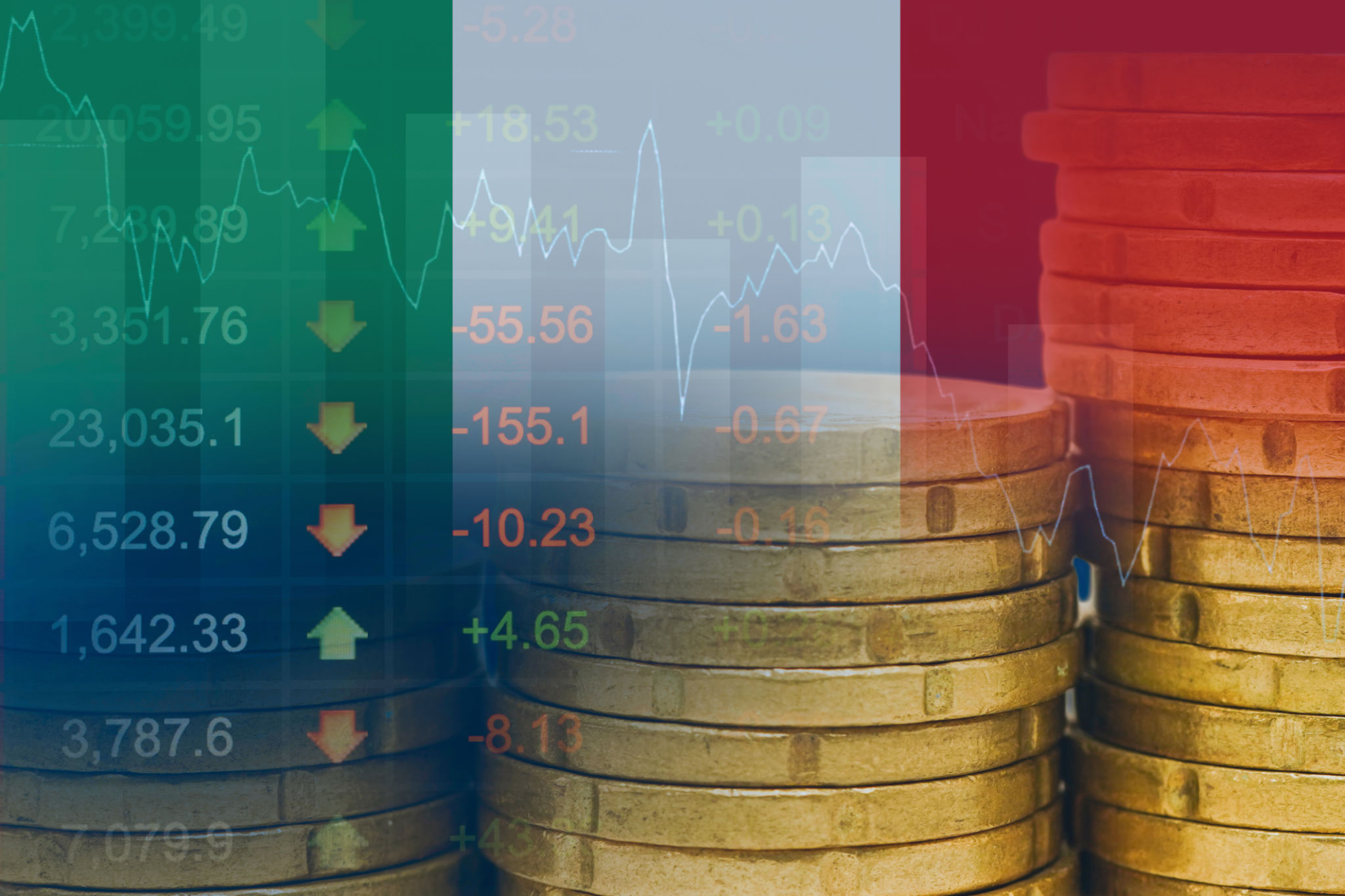How Can a Beginner Start Forex Trading? Essential Steps to Get You Started
Understanding the Basics of Forex Trading
Forex trading, or foreign exchange trading, involves buying and selling currencies in the global market. As a beginner, it's crucial to understand that the forex market is the largest financial market in the world, with trillions of dollars exchanged daily. This market operates 24 hours a day, five days a week, offering ample opportunities for traders around the globe.
Before diving into forex trading, familiarize yourself with essential terms like currency pairs, pips, leverage, and spreads. Understanding these concepts is fundamental to making informed trading decisions. The most traded currency pairs include the EUR/USD, USD/JPY, and GBP/USD, known as "major pairs."

Setting Up a Trading Account
Once you grasp the basics, the next step is to set up a trading account. Choose a reliable forex broker that offers a user-friendly platform, competitive spreads, and robust customer support. Look for brokers regulated by reputable financial authorities to ensure your investments are secure.
Most brokers offer demo accounts that allow you to practice trading with virtual money. This is an excellent way for beginners to get comfortable with the trading platform and test their strategies without risking real money. Make sure to take advantage of this feature before moving on to live trading.
Creating a Trading Plan
A well-structured trading plan is critical for success in forex trading. Your plan should include your financial goals, risk tolerance, and preferred trading style. Some traders prefer day trading, while others might opt for long-term strategies. Determine what works best for you and stick to your plan.
Your trading plan should also outline your risk management strategy. It's vital to set stop-loss and take-profit levels to protect your investments from significant losses and secure profits when the market moves in your favor. Consistency in following your plan will help you avoid emotional decision-making.

Educating Yourself Continuously
The forex market is constantly evolving, making continuous education essential for any trader. Stay updated with the latest market news, economic indicators, and geopolitical events that can influence currency prices. Numerous online resources, webinars, and courses can help you expand your knowledge.
Consider joining online trading communities or forums where you can interact with other traders. Sharing experiences and learning from others can provide valuable insights and enhance your trading skills.
Practicing Patience and Discipline
As a beginner, it's important to exercise patience and discipline while trading. The forex market can be volatile, and not every trade will be successful. Accept that losses are part of the process and focus on long-term growth rather than short-term gains.
Maintain a trading journal to track your trades, strategies, and outcomes. Regularly reviewing your performance will help you identify areas for improvement and reinforce successful tactics.

Starting with Small Investments
When you're ready to transition from a demo account to live trading, start with small investments. This approach minimizes potential losses while allowing you to gain real-world experience. As you become more confident and proficient, you can gradually increase your investment size.
Remember that successful forex trading requires time, effort, and dedication. By following these essential steps and maintaining a disciplined approach, you'll be well on your way to becoming a proficient forex trader.